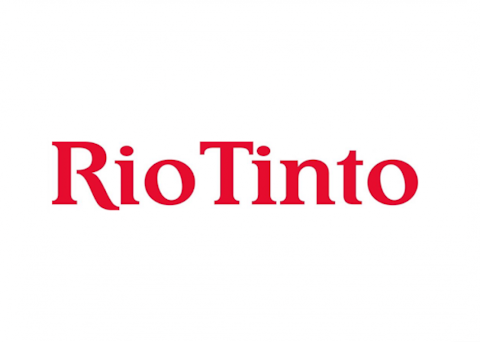
In today’s environment, inflation is low but could really take off. Central banks across the world are increasing the money supply in hopes of kick-starting economic growth until a sustainable rally that allows the globe to move past the financial crisis once and for all. Thisincreased money supply could lead to inflation if and once economic growth perks up.
Many investors use dividends to keep pace with inflation, as consistent cash payouts from bellwether firms tend to rise as general prices do the same. But not all dividend stocks have a place in your portfolio Below, we outline five dividend-paying commodity stocks that you may want to avoid [for more commodity dividend news subscribe to our free newsletter].
- Rio Tinto plc (NYSE:RIO): Rio Tinto is a global miner that extracts important commodities includingaluminum, copper, diamonds, gold and iron ore. With major mining operations in Australia, it has been a big beneficiary of China’s rapid growth and industrialization in recent years. Lately though, growth has been slowing in China, and this could dent Rio Tinto’s near-term prospects.
- BHP Billiton Limited (NYSE:BHP): BHP Billiton’s investment thesis closely mirrors that of rival Rio Tinto. It is officially based in Australia and has benefitted from the region’s rapid growth (China in particular) in recent years. BHP’s dividend yield is a bit higher at 3.4%, but is likely not going to be increased by the company as its underlying markets are currently experiencing decelerating growth trends [see also The Ten Commandments of Commodity Investing].
- Peabody Energy Corporation (NYSE:BTU): Returning closer to home, Peabody is one of the nation’s largest miners of coal. It owns mines in the United States and Australia, the last of which is subject to the pressures being seen at Rio Tinto and BHP. Its United States situation is even more tenuous as coal is having a tough time competing with record-low natural gas prices. At the low gas prices, utility clients are finding it more compelling to generate electricity using natural gas, not coal. This makes it unlikely that Peabody will be able to increase its modest dividend yield of 1.5% anytime soon.
- CONSOL Energy Inc. (NYSE:CNX): CONSOL Energy is in a better position than Peabody in that it produces coal and natural gas. Coal’s struggles are documented above, but the low natural gas prices actually benefit consumers over producers. Low prices cut into profit margins because production costs are generally fixed. The only thing producers can do in periods of low prices is to produce less of a commodity. Its 1.7% dividend yield is only modest, and not likely to increase any time soon [see also 25 Ways To Invest In Natural Gas].
- Chesapeake Energy Corporation (NYSE:CHK): Chesapeake Energy is a pure play natural gas producer and in the process of ramping down production to meet its lower cash flow production. It appears to have scrambled sufficiently to raise billions in funds, but has suffered some reputational loss seeing as it also had some funding issues back during the financial crisis. Its underlying assets are arguably worth well more than the current stock price and the dividend yield is decent at 1.9%, but the stock is a risky one.
This article was originally written by Ryan Fuhrmann, and posted on CommodityHQ.


